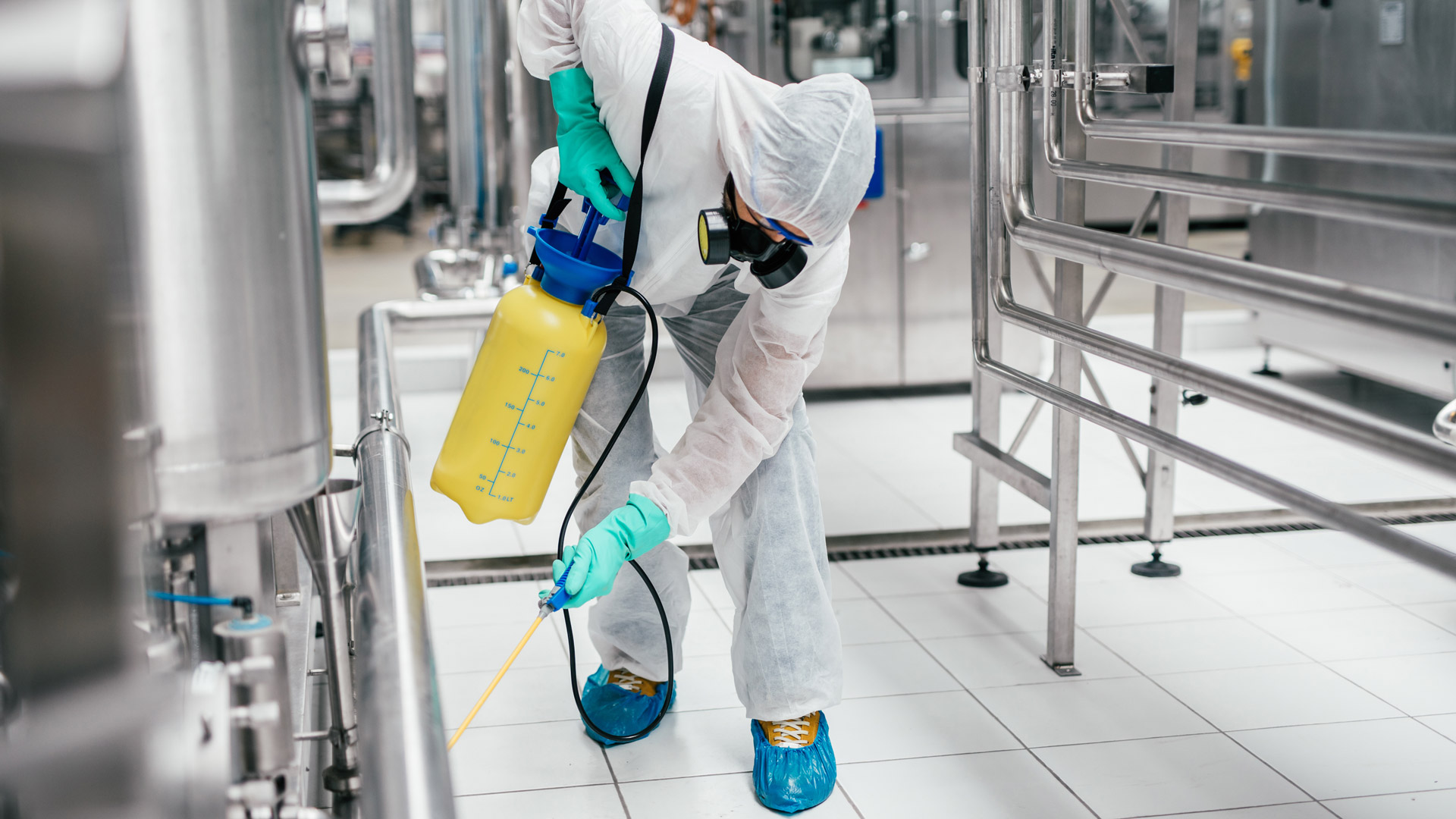Cases of COVID-19 in the UK are rising once more, with ‘Pirola’ set to become the dominant variant. Over-65s and other vulnerable individuals are now eligible for booster vaccinations, all of which may mean employers find COVID is once again impacting their workforce. Pam Loch, Solicitor and Managing Director of Loch Associates, answers some questions you may have, to remind you of the current position when dealing with COVID, and to help you prepare for any issues as and when they arise.
Q: What are employers currently required to do?
A: The current guidance sets out actions that can be taken by employers to reduce the spread of respiratory infections, including COVID-19. This includes:
- Encourage vaccination for those who are eligible.
- Let fresh air in. This will help to reduce the concentration of respiratory particles and in turn reduce the risk of airborne transmission of respiratory viruses.
- Maintain a clean workplace. Keeping the workplace clean reduces the risk of infection, such as cleaning surfaces that are touched by a lot of people. Providing sanitiser and appropriate cleaning products can assist staff in supporting this.
Q: Do I need to report any outbreak in the office?
A: There is no need to report any outbreak of COVID-19. However, if you find you are experiencing high levels of people developing respiratory symptoms in the workplace, you should look to promote and apply the above preventative actions more rigorously.
Q: What about health and safety requirements? COVID-19 used to be part of our overall risk assessment, is this still the case?
A: For most businesses, it is no longer a requirement for COVID-19 to be explicitly considered as part of their health and safety risk assessment. However, certain sector-specific employers, for example care facilities and healthcare providers who deal directly with COVID-19, should continue to consider this in their risk assessments.
Employers should remember they have statutory and common law duties regarding the health and safety of their employees. Likewise, employees have health and safety responsibilities to anyone who may be affected by their acts or omissions whilst at work and to cooperate with their employer as far as is necessary to enable their employer to comply with any health and safety requirement.
Q: Do employees have the right to know if a customer/colleague develops the virus?
A: Information regarding an individual or customer’s health is defined as a ‘special category of personal data’, which means it can only be processed in defined and restricted circumstances. Although it is important to manage the spread of COVID-19 by keeping staff informed about potential or confirmed cases amongst colleagues, naming individuals is best avoided and any information that is provided should be no more than is necessary.
Q: Can we make employees wear masks in the workplace?
A: Employers may choose to encourage the use of face coverings by workers, by, for example, displaying suitable signage, particularly in indoor areas where they may come into contact with lots of different people. However, employers have to keep in mind it is not a legal requirement when considering this.
Q: What should we do if someone tests positive for COVID-19 and they have no symptoms?
A: Government guidance recommends that employees who test positive stay away from the workplace and work from home if they can for five days, or three days for under 18s.
Q: What pay is someone entitled to if they are off sick with COVID-19?
A: If an employee is unable to work due to COVID-19, then the normal sick rules should apply, and the employee should get any sick pay they are usually entitled to. The employee’s contract of employment and sickness absence policy will usually set out if the employee is paid company sick pay or statutory sick pay.
Q: If employees can’t work from home, can we stop them coming to the workplace if they test positive for COVID-19?
A: You can insist an employee does not come into the workplace for five days to avoid passing it onto anyone else, but they would still be entitled to full pay if you do that, unless the contract of employment enables you to prevent them coming to work.
Q: Is the guidance the same for vulnerable employees?
A: The shielding programme for Clinically Extremely Vulnerable (CEV) individuals ended in 2021. However, there are some individuals with weakened immune systems (immunosuppressed) or who have other specific medical conditions who are at a higher risk of serious illness, despite vaccination. They are likely to have a disability under the Equality Act 2010.
For these individuals, the guidance suggests that individuals in these groups should:
- Consider continuing to wear a face covering in public spaces.
- Work from home if possible.
- Reduce time in enclosed spaces.
- Practice social distancing if possible.
Employers should speak with any individuals in this category and consider their obligation to make reasonable adjustments to protect those who are at a higher risk from exposure to COVID-19.
You may also be interested in
RELATED CONTENT
RELATED COURSES

Introduction to health and safety gives learners a basic introduction to managing safety in their workplace.

The asbestos course looks at how to manage asbestos in the workplace and recognise the risks.

The Control of Substances Hazardous to Health (COSHH) course helps learners carry out work involving hazardous substances safely.

The Legionella course ensures people understand the risk of legionella and are aware of the requirements of the L8 ACoP.

A survey of nearly 1,700 people across the recycling and waste management sector by the Environmental Services Association (ESA) has suggested the ind...

Friday is the most hazardous day of the week for fleet drivers with the highest number of accidents, speeding events, and incidences of aggressive dri...

The UK government has announced it will not match new EU restrictions on various potentially hazardous chemicals, including the “rubber crumbs” used t...

Global Asbestos Awareness Week 2023, organised by the Asbestos Disease Awareness Organisation, takes place this week (1-7 April), aiming to raise awar...
